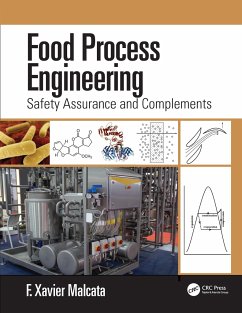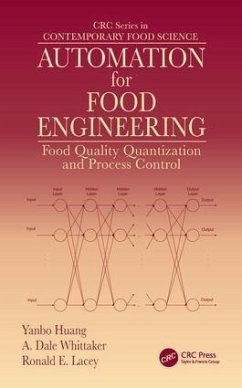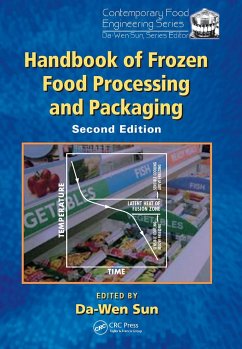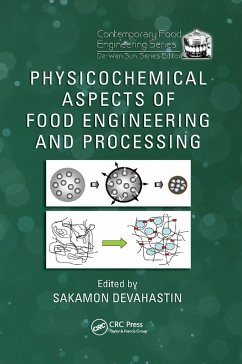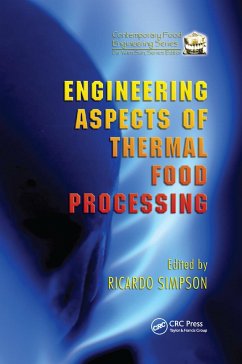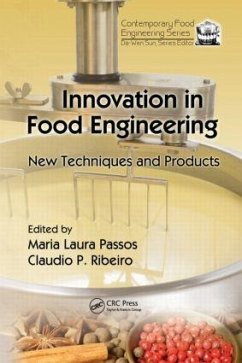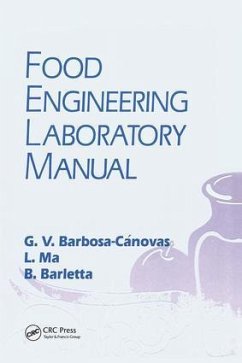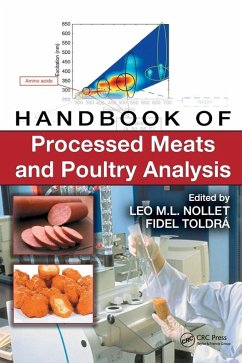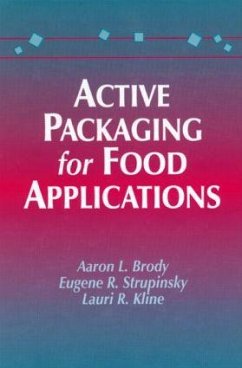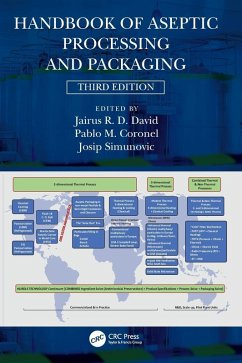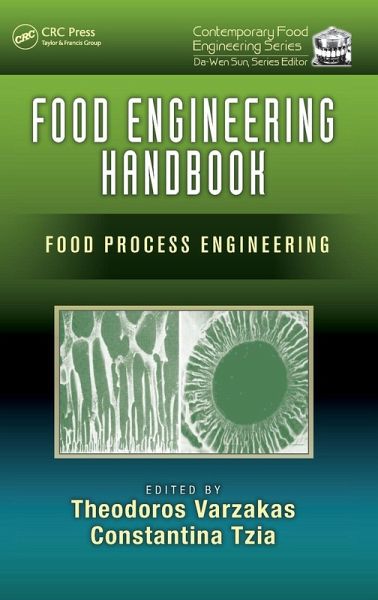
Food Engineering Handbook
Food Process Engineering
Herausgeber: Varzakas, Theodoros; Tzia, Constantina
Versandkostenfrei!
Versandfertig in 1-2 Wochen
226,99 €
inkl. MwSt.
Weitere Ausgaben:

PAYBACK Punkte
113 °P sammeln!
Food Engineering Handbook: Food Process Engineering addresses the basic and applied principles of food engineering methods used in food processing operations around the world. Combining theory with a practical, hands-on approach, this book examines the thermophysical properties and modeling of selected processes such as chilling, freezing, and dehydration. A complement to Food Engineering Handbook: Food Engineering Fundamentals, this text: Discusses size reduction, mixing, emulsion, and encapsulation Provides case studies of solid-liquid and supercritical fluid extraction Explores fermentation...
Food Engineering Handbook: Food Process Engineering addresses the basic and applied principles of food engineering methods used in food processing operations around the world. Combining theory with a practical, hands-on approach, this book examines the thermophysical properties and modeling of selected processes such as chilling, freezing, and dehydration. A complement to Food Engineering Handbook: Food Engineering Fundamentals, this text: Discusses size reduction, mixing, emulsion, and encapsulation Provides case studies of solid-liquid and supercritical fluid extraction Explores fermentation, enzymes, fluidized-bed drying, and more Presenting cutting-edge information on new and emerging food engineering processes, Food Engineering Handbook: Food Process Engineering is an essential reference on the modeling, quality, safety, and technologies associated with food processing operations today.




